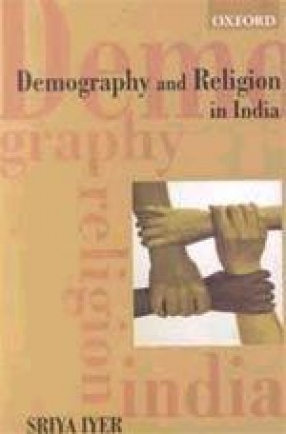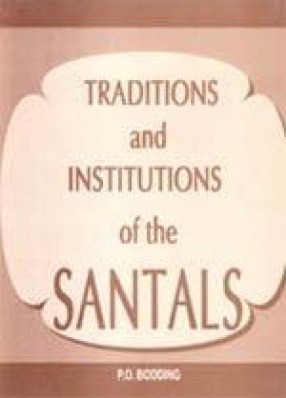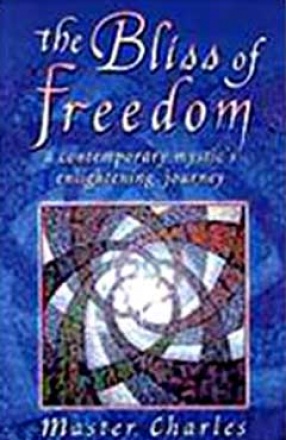This book examines the role of religion in determining population growth in India. It addresses the key question: do religious beliefs significantly affect demographic behaviour? The volume examines the theological content of Islam and Hinduism in the context of population growth. It also offers evidence that religious differences in fertility and two of its proximate determinants, contraceptive choice and the age at marriage, are in fact, due to differences in socio-economic characteristics, such as access to education. The econometric analysis is based on fieldwork carried out among Hindu, Muslim, and Christian women in a cluster of communities in the South Indian state of Karnataka. The determinants of women’s age at first marriage, their contraceptive choices and their fertility are modelled and analysed, drawing inferences for population policy. Using an inter-disciplinary framework, this book richly contributes to the debate about the consequences of religion for fertility differentials, and provides valuable insights for policy-makers in countries characterized by religious pluralism. Demographers, economists, development researchers, gender specialists, and anthropologists will find the book an enriching read.
Demography and Religion in India
In stock
Free & Quick Delivery Worldwide
reviews
Bibliographic information
Title
Demography and Religion in India
Author
Edition
1st ed.
Publisher
ISBN
019566048X
Length
xii+268 p., Tables; Figures; 23cm.
Subjects





There are no reviews yet.